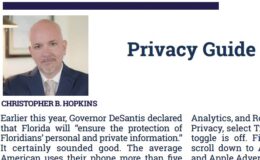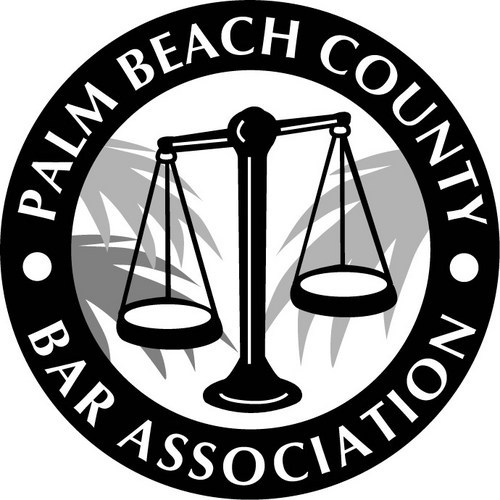Third DCA Pharmacy Negligence Case Leaves Florida (Still) Without an ESI Discovery Appellate Opinion
- By : Cbh
- Category : E-discovery, Evidence

In the case of Walgreen Co. and Holiday CVS, LLC v Jonathan Rubin, two national pharmacy chains were somehow convinced by their counsel to appeal an adverse discovery production order despite the fact that the lawyers failed to get (basic) affidavits establishing that production costs were unreasonably burdensome. In the end, we are left with an enemic decision that neither interprets Florida’s (somewhat new) ESI standards nor clarifies basic Florida precedent regarding writs of certiorari from discovery orders. The court could have stopped at “you have no sworn evidence” so you lose your “unreasonable burden” discovery appeal.
At discounted rates, defendant Walgreens claimed it would cost $21,000 to produce 45 employee files in a wrongful death case. They sought to establish that burden through an unsworn statement by… a paralegal. Co-defendant CVS, through its lawyers, joined the “overly-burdensome” argument with… no testimony and no cost estimate. Again, in the plain absence of any evidence, this could have been decided in a sentence or a PCA.
There is undeniable-but-dated precedent in Florida that discovery which is burdensome “but not destructive” is not sufficiently egregious to warrant cert review. That precedent, however, hails from 1987 which is long before the advent, breadth, and expense of ESI discovery which has yet to be addressed in Florida law (case in point, PACER only dates back to 1988 and look at that interface…). To try to topple that precedent, however, you need to get some evidence of burden — that didn’t happen here.
The defendants (now appellants) tried to argue that a recent Florida Supreme Court case, Worley v. Central Florida Young Men’s Christian Association, had implicitly or explicitly had reversed the “financial ruin test.” Again, it would be nice to start that discussion with some evidence. The Third DCA buttressed their denial-for-lack-of-evidence by pointing out that the instant case didn’t fit the standards of Worley if the defendants had, in the first place, properly set up the appeal.
The financial ruin test should be reconsidered, or at least partially receded from, in light of the ESI standards and the broadened standards of discovery… but that will not happened under these circumstances.
The Florida Daily Business Review covered the details in this article.
image credit: Cleveland County Public Health Center


